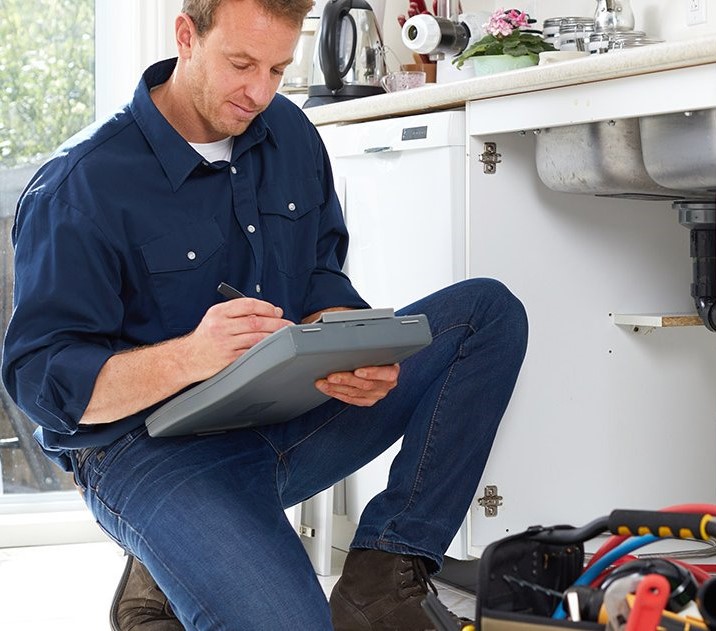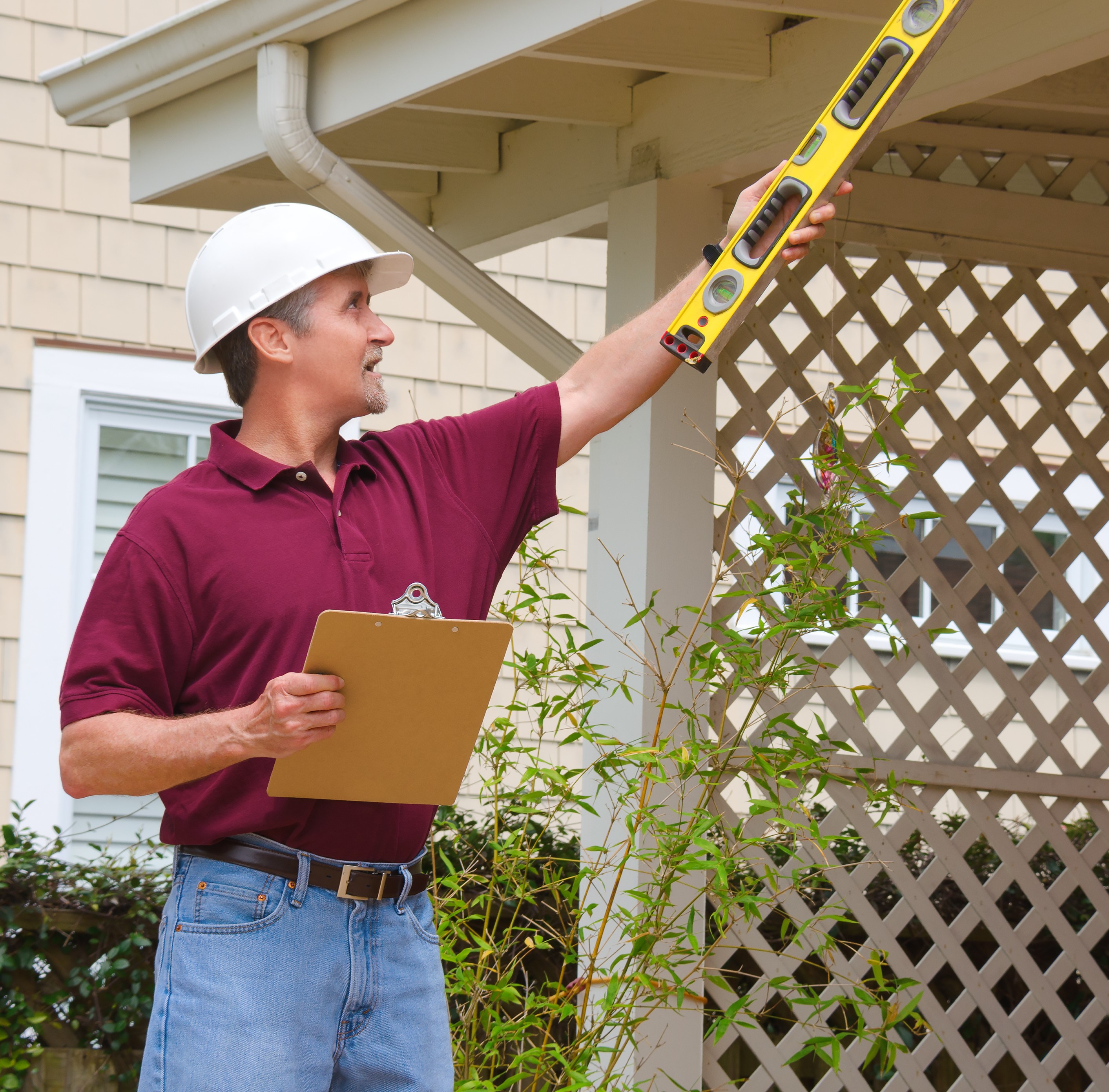
Buying a home is one of the most significant investments you’ll make in your lifetime. Ensuring that the property is in good condition before signing on the dotted line is crucial. A thorough home inspection can reveal potential issues that might not be visible during a casual walkthrough. This blog will guide you through the home inspection process, offering tips on what to look for and how to evaluate a property's condition.
Home Inspection Checklist
- Structural Components: Start with the foundation, walls, and roof. Look for cracks, water damage, or signs of settling that could indicate structural issues. Ensure the roof is in good condition, with no missing or damaged shingles.
- Exterior Elements: Check the condition of the exterior walls, windows, and doors. Look for peeling paint, rotting wood, or any signs of pest infestation. Evaluate the driveway, sidewalks, and any decks or patios for wear and tear.
- Plumbing: Inspect all faucets, toilets, and showers for leaks or water pressure issues. Check the condition of the water heater and ensure it meets your household needs. Look for signs of water damage or mold around plumbing fixtures.
- Electrical System: Ensure the electrical panel is up-to-date and that there are no exposed wires. Test all outlets and light switches. Verify that the home has an adequate number of smoke detectors and carbon monoxide alarms.
- HVAC System: Check the heating and cooling systems to ensure they are functioning properly. Ask about the age of the units and the last time they were serviced. Inspect the ductwork for any signs of wear or leaks.

Pre-Purchase Home Inspection
- Hire a Qualified Inspector: Always use a certified home inspector with good references. They will have the expertise to identify potential problems and provide a detailed report.
- Attend the Inspection: Being present during the inspection allows you to ask questions and get immediate feedback. The inspector can point out issues and explain their severity and potential impact

Home Inspection Tips
- Take Notes and Photos: Document any issues the inspector points out. This will help you remember what needs to be addressed and can be useful during negotiations with the seller.
- Ask for Cost Estimates: If the inspector identifies problems, ask for a rough estimate of the repair costs. This information can be crucial when deciding whether to proceed with the purchase or renegotiate the price.

Evaluating Property Condition
- Consider the Age of the Home: Older homes may have more issues simply due to their age. Pay special attention to the condition of the roof, foundation, and major systems like plumbing and electrical.
- Look for Red Flags: Be wary of signs that the current owner may be covering up problems, such as fresh paint in one area, air fresheners used excessively, or furniture positioned to hide flaws.
Home Inspection Essentials
- Understand What’s Included: Know what your home inspection will cover and what it won’t. Some inspectors might not check for mold, pests, or radon, so you may need to hire specialists for these.
- Review the Inspection Report Thoroughly: The inspection report will provide a comprehensive overview of the property's condition. Take the time to go through it carefully and address any concerns with your inspector or real estate agent.
A home inspection is a vital step in the home-buying process. It provides a clear picture of the property's condition and can help you avoid costly surprises down the road. By following this guide and being thorough in your inspection, you can make an informed decision and feel confident in your purchase.
At College HUNKS Hauling Junk, we understand that moving into a new home is both exciting and stressful. We're here to help make the transition as smooth as possible, from decluttering your current space to assisting with the move. Let us take some of the stress off your shoulders, so you can focus on enjoying your new home.
